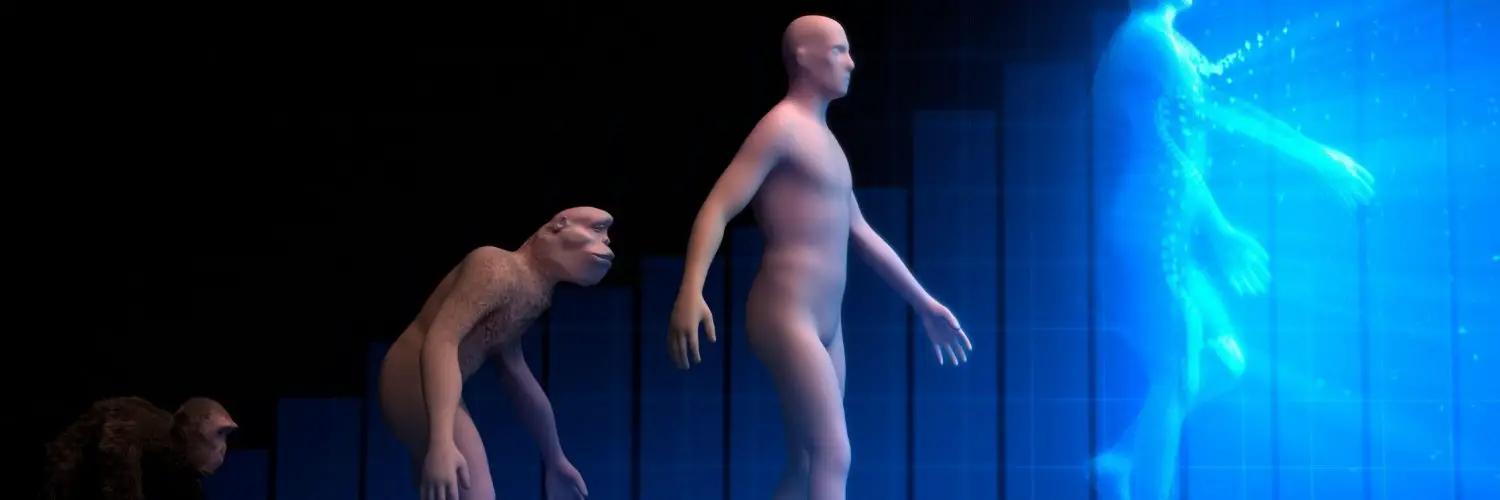Humans may have begun to make speeches around millions of years ago, but the question is, how did that come about? Did it erupt gradually via a series of communication trials or spontaneously trying to discover themselves? While a few theories throw light on how the evolution of speech may have occurred during the arrival of the anatomically modern homo sapiens or during the time of their technological breakthrough. Of course, we will get to each of them gradually to carve out a comprehensive logic but the crux of the ultimate truth is left dangling.
Time and again, we ask ourselves, how did the evolution of human speech begin? But the truth is, we do not have a piece of crisp evidence to fall back on. Sadly, it isn’t as simple as finding the skeleton material and carving out clues or performing a post mortem to discover the process. But years of extensive research by some of the finest scientists worldwide have some sensible explanations for this that may help unveil the denominating factor.
The Uomini and Meyer Approach
For starters, a research study published by archaeologist Natalie Thais Uomini and psychologist Georg Friedrich Meyer in the journal PLOS ONE reveals that the evolution of human speech may have occurred during the technological breakthrough of the hominins. This may have happened anywhere nearly 1.75 million years ago when they began crafting hand stone axes. Sources suggest that such a massive discovery of that time may have required exceptional precision and planning skills to complete the process. That is when the hominins may have discovered their speech to resolve the problem. To sum up, this evolution of human speech may have grown simultaneously with the invention of crafting hand stone axes.
Of course, to come up with this conclusion is a massive deal in the contemporary age, but it is not without the backup of solid evidence. Uomini and Meyer’s approach primarily focused on researching the same, and that is when they discovered a hands-down experiment to help them conclude.
Both Uomini and Meyer recruited nearly ten expert flintknappers. They were asked to use their axe and show skills while being connected to an FTCD device. Unlike other experimental devices that require you to be still during the scanning, this one demanded a great deal of movement, which perfectly suited the experiment. Now, the participants were assigned two different tasks. They had to make an axe in the primitive hominid style and think carefully but without vocalizing themselves in the task.
Both the researchers realized that the participants were undergoing “common cerebral blood flow lateralization signatures during the task.” Both the researchers concluded by saying that the aspects of human language may have begun around 1.75 million years ago.
The More Logical Explanation
According to another theory, most scientists believe that the evolution of human speech wasn’t the product of a single moment but a chain of several events that may have resulted in it timely. It makes sense to believe that language may have evolved in humans as they evolve from one hominid to another.
You will be surprised to learn that some researchers even argue that our ancestors sang before they learnt to make a speech. Other scientists believe that the evolution of human speech may have started with a protolanguage that occurred in the form of acting out (quite like the modern-day charades.)
The Bottom Line
The evolution of human speech has been a largely debated topic for several years in a row. While some continue to argue that it was the product of a sudden course of communication, others believe that it was the result of several events put together. Exactly which one of them stands true, we will never know. So, most scientists mutually agree that the evolution of human speech may have started to occur between 2 million to 4 million years ago during the age of hominins.
Some scientists also argue that maybe if we focused more on how humans tried to communicate via their brains, we would be able to get to the crux of this debate faster than ever. They believe that the brain has always been lean—the evolution sort of stops when one gets to the head.





























